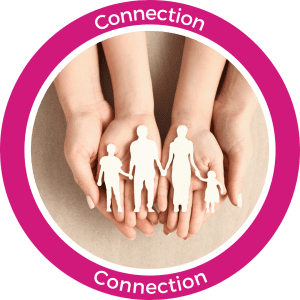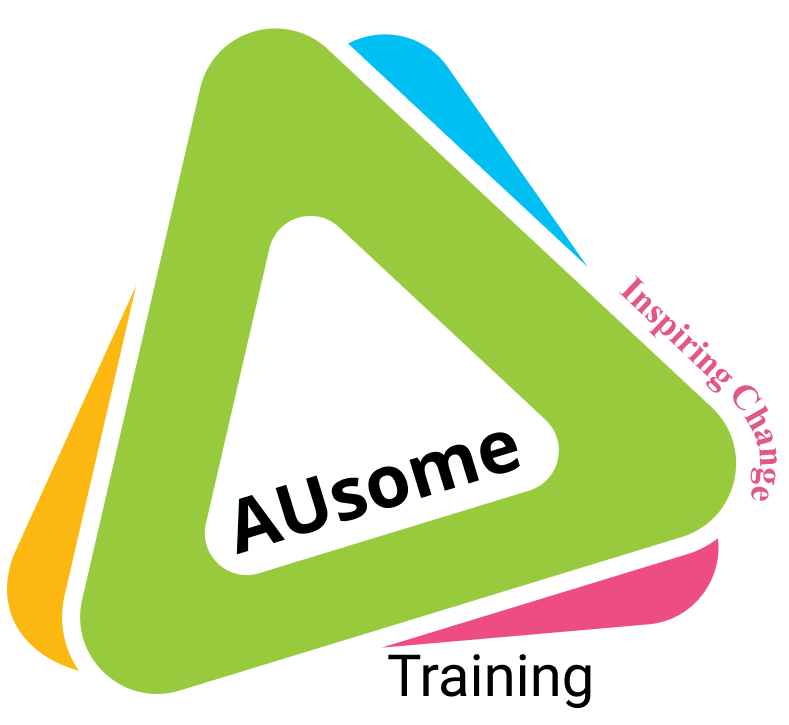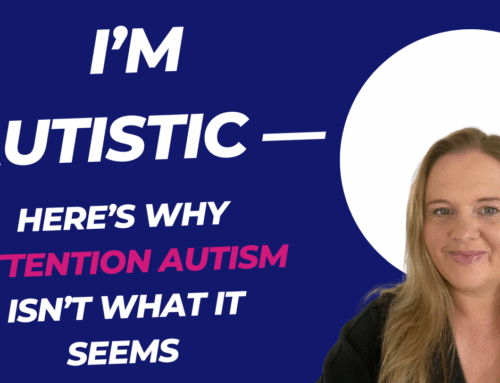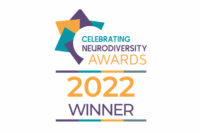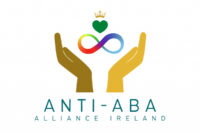I thought it would be a worthwhile exercise to work through some common double empathy issues that I’ve seen and noticed between Autistic adults over the past number of years.
With the nature of advocacy, much of it takes place online meaning sometimes nuance is missing or that people often only see a snapshot of what the other person means.
In face-to-face interactions or training sessions, there is often more room for learning and understanding the bigger picture, which helps mitigate miscommunications.
Working through double empathy takes immense compassion
I’d like to highlight a few of these common miscommunications:
Autistic adult saying “celebrate Autistic lives” or “celebrate neurodiversity”
This can be met with a response “what’s there to celebrate about profound or severe autism”
So let’s work through this:
Firstly , the focus is on celebrating lives and everyone deserves to feel celebrated. If we only celebrate “normal” kids and “normal” milestones and “normal” signs of success then we are inadvertently not celebrating Autistic experiences.
Furthermore, the notion of ‘normal’ milestones often becomes synonymous with ‘success’ for Autistics. People might say things like ‘their eye contact has improved’ or ‘now they can speak thanks to therapy,’ or ‘they got a place in mainstream school’ or ‘they got a job.’ But where is the space for celebrating success in Autistic terms? Often, the signs of ‘progress’ mentioned here reflect the Autistic individual masking their true selves, and that’s not something to celebrate.
Thirdly, there is no such thing as severe or profound autism. And this sentence is often misinterpreted to mean Autistics with high support needs don’t exist and that those of us with lower support needs just dismiss this part of our community. But we include everyone in our advocacy and the reason we say severe or profound autism doesn’t exist is because that’s a misdiagnosis.
If a child has been labelled severely Autistic it usually means that they have been misdiagnosed and their conditions like apraxia and other motor conditions have gone unnoticed, undiagnosed and unaddressed. They may also have been labelled as intellectually disabled- a common diagnosis for non-speaking Autistics. The thinking behind this is that they are so intellectually disabled that they can’t think or form speech. We know better now. We know non-speaking relates to motor skills rather than intellect but it will take decades for everyone to know this.
So when we say severe autism doesn’t exist we are often met with “the kind of autism no one wants to talk about”
Which brings me onto my fourth point- “the kind of autism no one wants to talk about” is exactly how our advocacy started. It was started by people with “this kind of autism”. Autistics who don’t have such a label have been also protecting children with this sort of label from harm, and doing so for decades. Because it is this group who are most at risk from fake cures and abuse.
Ultimately, there are no types of autism; there are simply sensitive people who have been mislabeled and pathologized for far too long. Like any community, we have people with varying needs, some more complex than others.
When discussing other social movements, such as women’s rights or anti-apartheid, no one questions the inclusion of specific groups. Similarly, the Neurodiversity movement is a rights movement that seeks to reduce discrimination and improve the lives of all Autistics.
Sometimes, when we attempt to educate others, we are met with dismissive statements like ‘you only know about your own autism.’ However, this raises the question: what about the ‘experts’? If an Autistic can only understand their own experience, then an expert who is not Autistic would have no understanding at all. Autistics can and do educate themselves through reading books, gathering information, and learning, enabling us to advocate on behalf of our community. Our advocacy is shaped by the diversity within our community, not solely by our personal experiences. In fact, some of us have even written books for the ‘experts’ to gain insight from!
Why do these double empathy issues occur?
Because sometimes it’s easier to dismiss Autistics who are trying to help than to challenge your own worldview and to look inside and realise that not everything is what it once seemed. That’s hard. That’s a challenge. And the more ingrained the original worldview then the more difficult it becomes to review it. Realising that you have been misguided by people you trusted is tough. Realising that you may have subjected your child to abuse under the guise of “therapies” is even tougher.
We understand these challenges, and we empathise with the emotional journey involved. We’re here for you whenever you’re ready to embark on this transformative path because reevaluating how you perceive your child can open up a whole new world of possibilities.
If you are already in a place on your journey where you’re ready to learn from Autistic people then check out our Parent Membership
